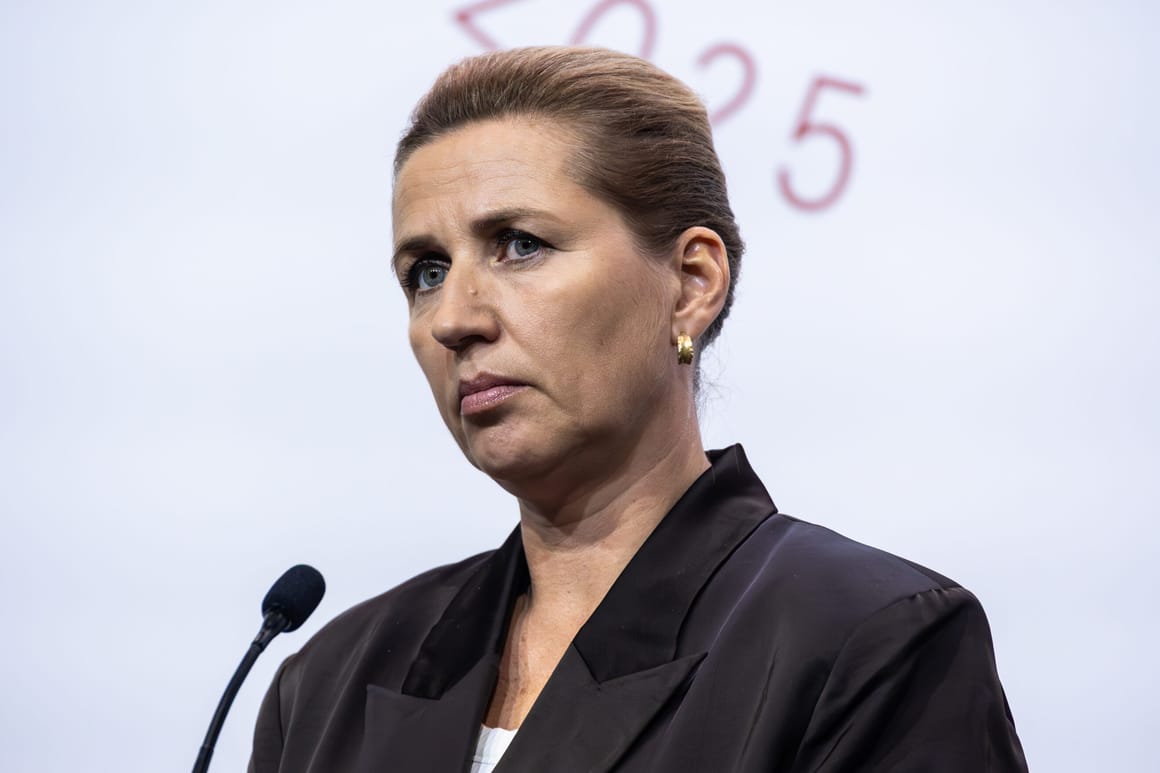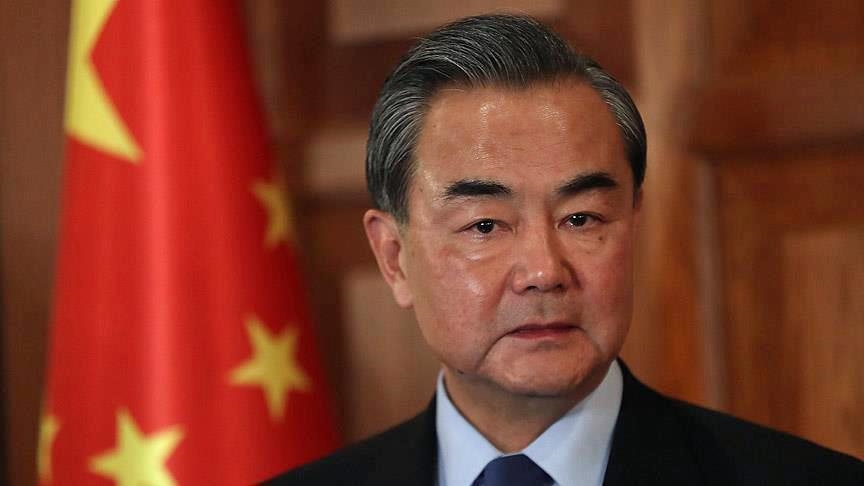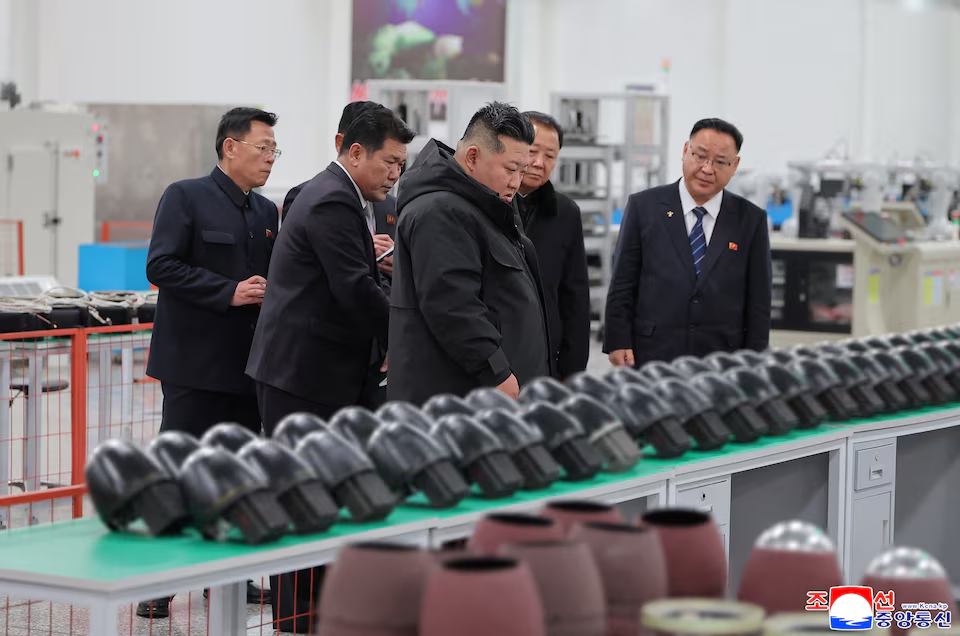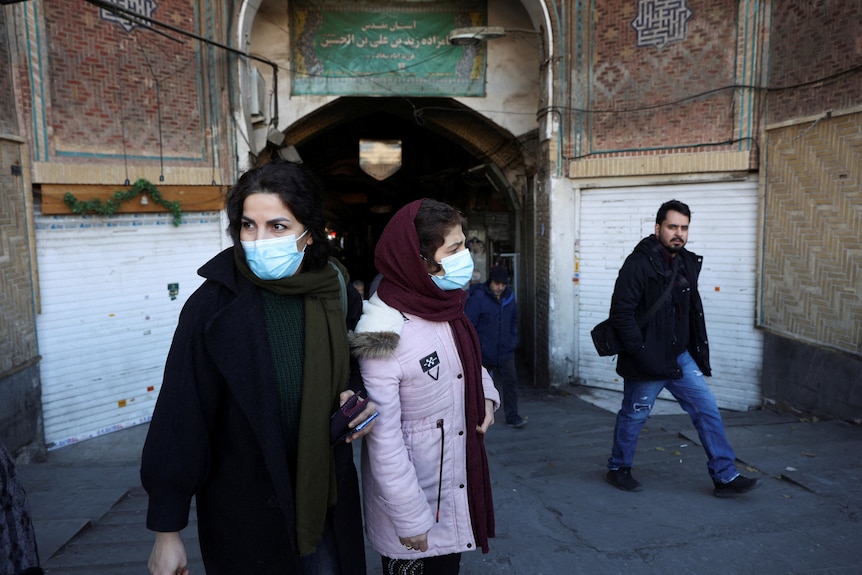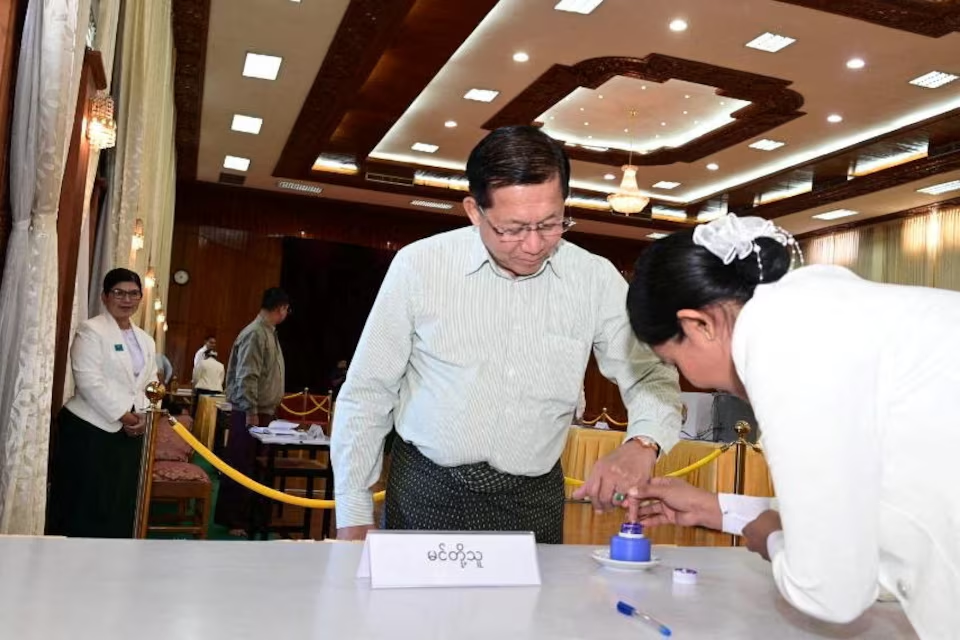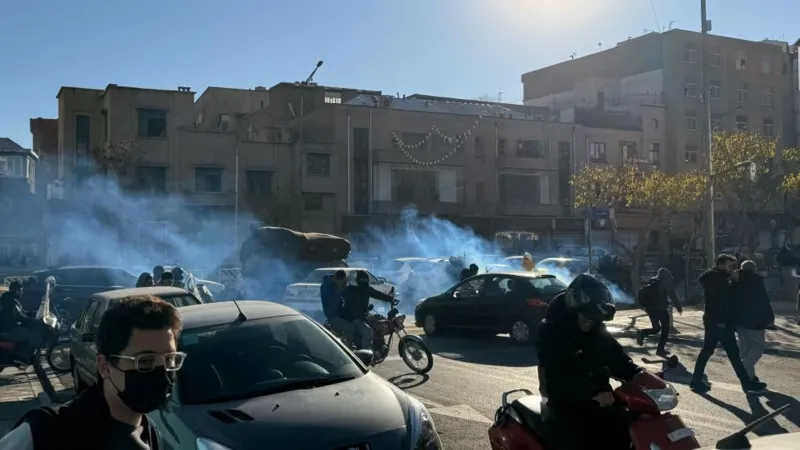Japan will learn on Friday whether Niigata Governor Hideyo Hanazumi will approve the partial restart of the Kashiwazaki Kariwa nuclear plant, a decision that could shape the country’s energy policy for years. His announcement is expected at four in the afternoon local time.
The outcome carries major weight because Kashiwazaki Kariwa is the largest nuclear power station on earth. Approval would clear the final hurdle for operator Tokyo Electric Power Company, better known as TEPCO, to move ahead with plans to bring two of the plant’s biggest reactors back online.
The restart would mark TEPCO’s first since the 2011 earthquake and tsunami crippled Fukushima Daiichi and triggered the worst nuclear accident since Chernobyl. Japan shut all fifty four of its reactors in the aftermath, leaving the country heavily dependent on costly fossil fuel imports that remain exposed to supply shocks.
Read Also: Japanese Retail Rice Prices Climb To Highest Level On Record
Prime Minister Sanae Takaichi, who took office last month, has backed new reactor restarts as part of a broader effort to steady the nation’s electricity supply. Her administration argues that nuclear energy is needed to contain rising fuel costs and strengthen long term security.
Chief Cabinet Secretary Minoru Kihara repeated that position on Friday, calling the restart “extremely important from the perspective of reducing power supply stress and electricity prices, and securing cleaner power sources.”
Japan has restarted fourteen of the thirty three reactors still considered operable. Kashiwazaki Kariwa’s units six and seven together can produce two thousand seven hundred ten megawatts of electricity, roughly one third of the station’s total capacity of eight thousand two hundred twelve megawatts. TEPCO has already signaled that it intends to retire some of the other units over time.
The governor’s decision comes one day after Japan’s nuclear regulator reported problems with TEPCO’s handling of confidential security documents at the facility. It remained unclear whether the report would influence Friday’s announcement.
TEPCO shares slipped one point three percent on Friday, cutting earlier losses following the regulator’s findings. The stock still outperformed the broader Nikkei, which fell two point three percent.
In July, Kansai Electric Power said it had begun surveys for a possible new reactor in western Japan. If eventually approved, it would become the country’s first new unit built since the Fukushima disaster, according to Reuters.
Japan’s central government says any new or restarted reactors must meet strengthened safety rules introduced after 2011. Attention now shifts to Niigata’s ruling, which could set the tone for future decisions across the sector.


